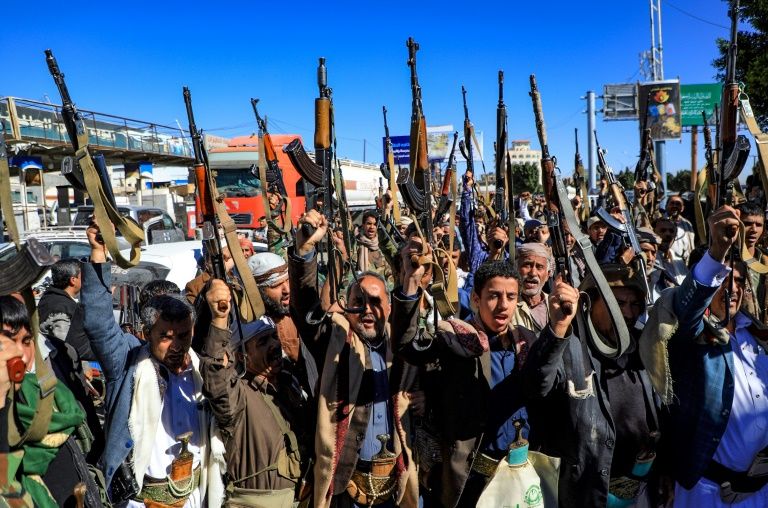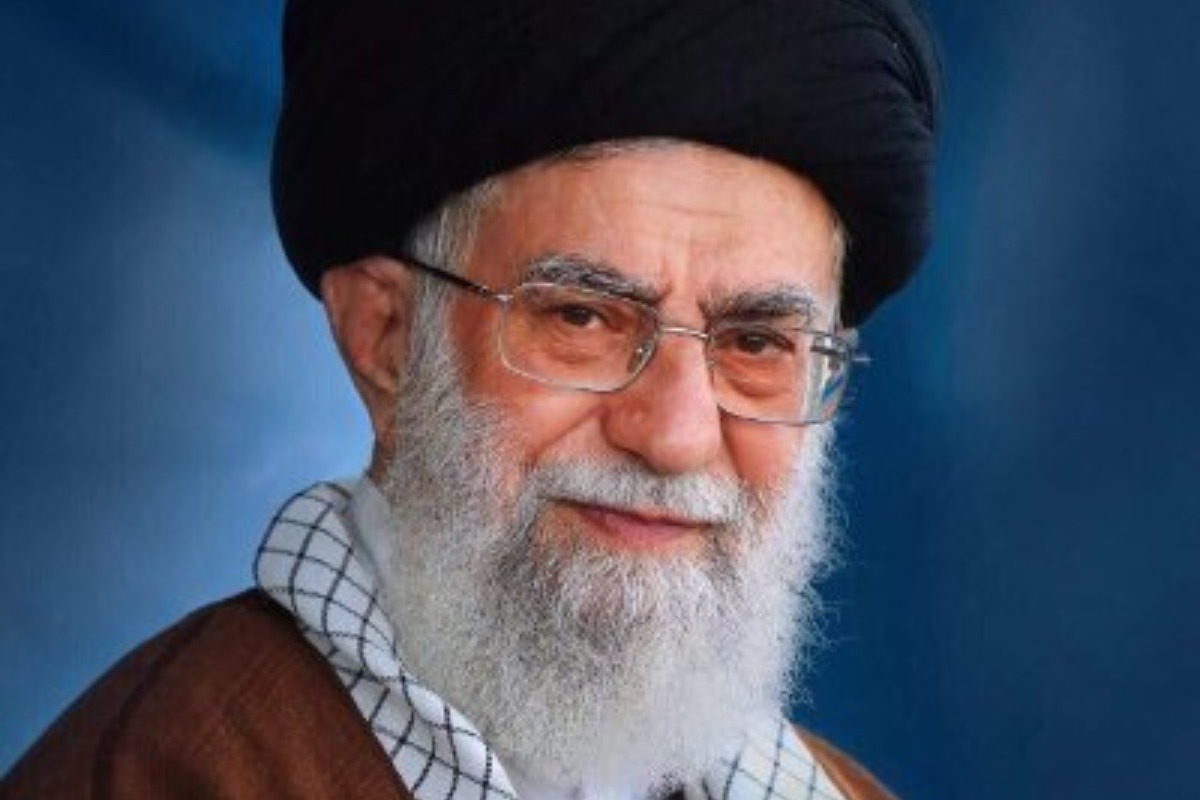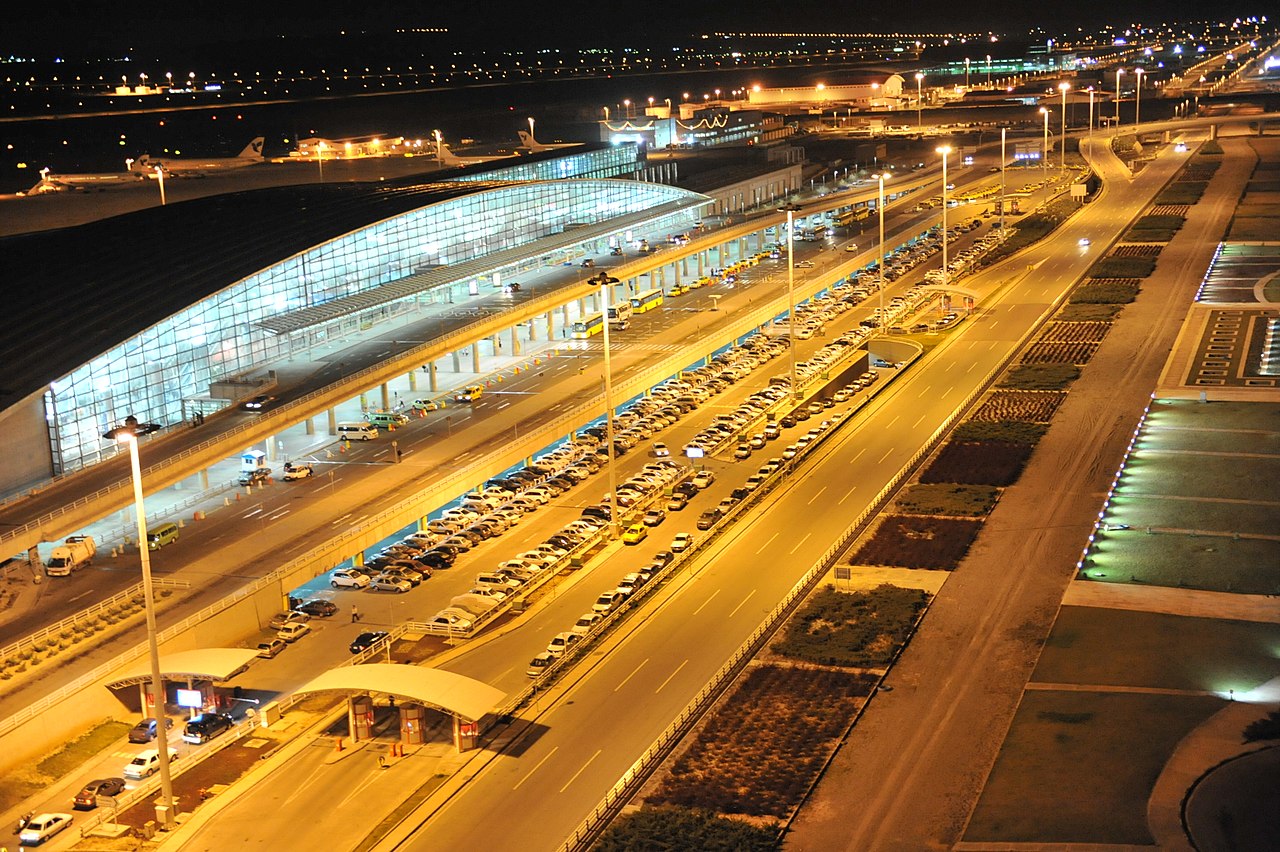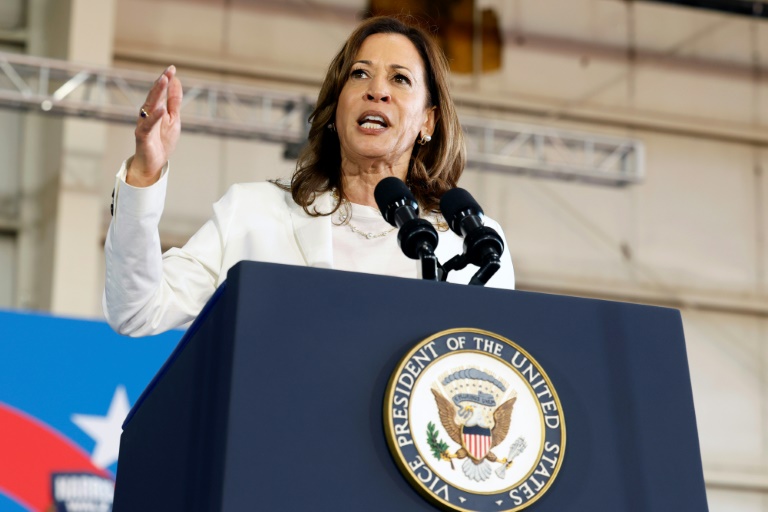The State Department announced that the Biden administration has chosen to end the embargo on offensive weaponry supplies to Saudi Arabia. This decision reversals a three-year-old strategy to put pressure on the monarchy to end the Yemen war.
According to Reuters, a senior department official acknowledged that the State Department was relaxing its ban on certain air-to-ground weapons deliveries to Saudi Arabia. “We will consider new transfers on a typical case-by-case basis consistent with the Conventional Arms Transfer Policy,” added the official.
A legislative aide stated that the administration informed Congress this week of its plan to lift the prohibition. One source stated that sales might start up again the following week. According to a person knowledgeable on the situation, the U.S. government was proceeding with notifications regarding a sale on Friday afternoon.
According to a senior Biden administration official, “the Saudis have met their end of the deal, and we are prepared to meet ours.”
Members of congress must examine significant international arms agreements before they are finalised, according to U.S. law. In recent years, MPs of all parties have questioned the sale of offensive weapons to Saudi Arabia, citing a number of human rights concerns as well as the impact of the country’s campaign on civilians in Yemen.
However, this opposition has waned in the wake of the devastating attack on Israel by Hamas on October 7th, as well as due to modifications in the way the Yemeni campaign is being conducted.
According to the administration official, there haven’t been any Saudi bombings in Yemen since March 2022, when the Houthis and Saudis agreed to a truce mediated by the United Nations. Additionally, cross-border gunfire from Yemen into the kingdom has essentially halted, reported The Washington Post.
“We also note the positive steps that the Saudi Ministry of Defense have taken over the past three years to substantially improve their civilian harm mitigation processes, in part thanks to the work of U.S. trainers and advisors,” the State Department official said.
80% of Yemen’s population now depends on humanitarian aid as a result of the Houthis’ removal of a Saudi-backed government from Sanaa in late 2014 and subsequent battle against a Saudi-led military coalition that began in 2015. The conflict has claimed hundreds of thousands of lives.
In 2021, Biden took a more aggressive stand on arms sales to Saudi Arabia, citing the country’s war against the Houthis in Yemen, who are affiliated with Iran and have caused several civilian deaths.
Since then, relations between the US and the kingdom have improved as Washington and Riyadh have collaborated more closely to develop a post-war Gaza strategy following Hamas’ onslaught on October 7.
In addition, the Biden administration is in the midst of negotiating a wide accord with Riyadh that envisions normalising relations between Saudi Arabia and Israel—a goal that is still elusive—as well as a defence pact and an agreement for civil nuclear cooperation.
The choice was made at a time when the threat level in the region has increased since late last month, with Iran and Lebanon’s influential Hezbollah party, which is backed by Iran, pledging to exact revenge on Israel following the death of Hamas political commander Ismail Haniyeh in Tehran.







